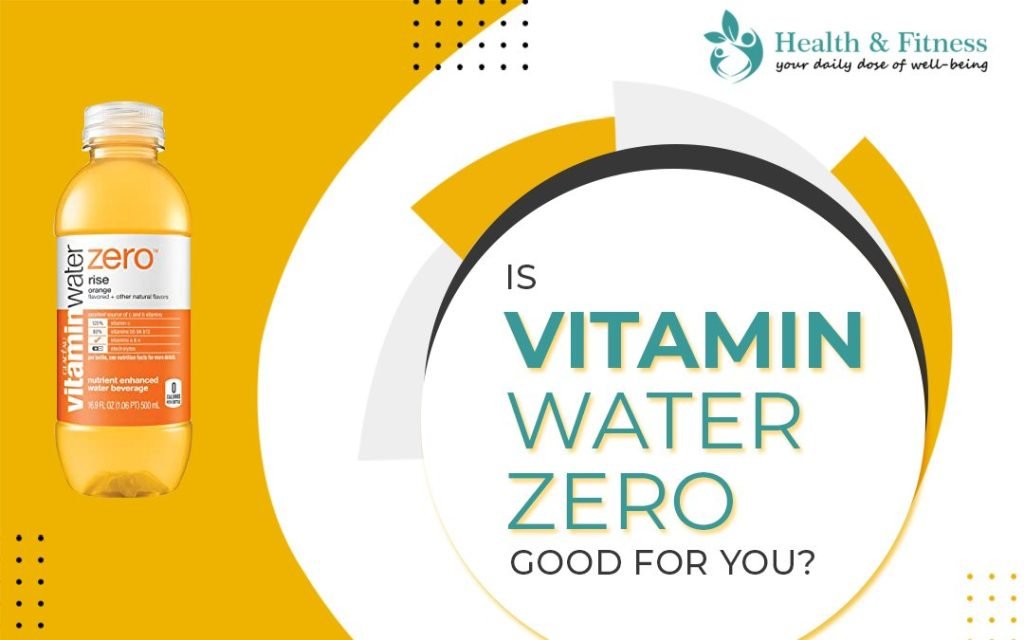If you are fasting, you may want to know what you can eat and what you can’t eat. Most often, people ask whether they can eat chia seeds fast or not. Today we are sharing whether chia seeds can break a fast or not.
Are chia seeds allowed during fasting?
Yes, you can eat chia seeds while fasting in moderation. Despite this, it is based on the type of intermittent fast that you follow. For instance, if your aim with intermittent fasting is to improve gut health, then chia seeds will break a fast.
What can you eat while fasting in Navratri?
The grand fasting period of the year, Navratri, is celebrated with great enthusiasm across many parts of India. This nine-day festival is not only a time of immense joy but also an ideal opportunity for detoxification, as it helps avoid certain unwanted substances in your diet. We’ll share the best foods for fasting, specifically for Navratri.
This period is perfect for those looking to shed some calories and gain better control over their weight, which can be challenging at other times of the year. With a variety of delicious and healthy recipes available, you can enjoy Navratri this year on a tasty yet nutritious note. Here is a list of foods perfect for Navratri fasting:
Potatoes
Potatoes are a rich source of carbs that can keep you fuller for a long period and can be a good snack option. You can eat boiled or cooked potatoes. Processed potato chips are not recommended for fasting because they don’t support detoxification.
Non-root vegetables
Non-root vegetables, such as tomatoes, spinach, cucumbers, leafy greens and bell peppers are fit for eating. These vegetables are a great source of antioxidants, fibre and different supplements crucial for a healthy routine.
Fruits
Fresh fruits like bananas, pomegranates, apples, melons and oranges are good options during fasting. They provide minerals, nutrients, and natural sugars to increase energy levels.
Seeds
Sunflower seeds, flax seeds, or chia seeds are good options. You can roll them into kuttu atta or sprinkle them over some veggies, these tiny seeds are healthy.
Dry fruits
The mix of assorted dry fruits provides a crunchy and nutritious boost to keep you energized during your fast. Almonds, cashews, raisins, dates, and black currants offer a wholesome snack that aligns with Navratri traditions. Packed with essential vitamins, minerals, and antioxidants, these nutrient-dense dry fruits support your overall health while you observe the fast.
Foods not to consume in Navratri fast
The following foods you should not consume in Navratri fast:
Grains: During Navratri fasting, it’s customary to avoid grains such as wheat, rice, and oats. Instead, you can consume alternative grains like buckwheat, amaranth, and water chestnut flour.
Processed Foods: Packaged and processed items like chips, cookies, and ready-to-eat meals should be avoided during fasting due to their high content of unhealthy fats, sugars, and additives.
Liquor and Caffeinated Drinks: Alcohol and caffeinated beverages such as coffee and tea should be skipped during Navratri fasting, as they can dehydrate the body and interfere with the detoxification process.
Non-Vegetarian Foods: Meat, fish, and eggs are generally avoided during Navratri fasting, as their consumption is considered inauspicious.
Onion and Garlic: Many people refrain from eating onions and garlic during Navratri fasting because they are believed to generate excess heat in the body and disrupt meditation and worship.
Conclusion
The blog outlines what you can eat and what you can’t eat. However, it is recommended to ask your family and friends, if you are worried about what you should eat and what you should avoid. You can subscribe to Personal Care N Heal to access new information on food, health and fitness.
More useful links:
Clindamycin Phosphate Gel usp uses in hindi



